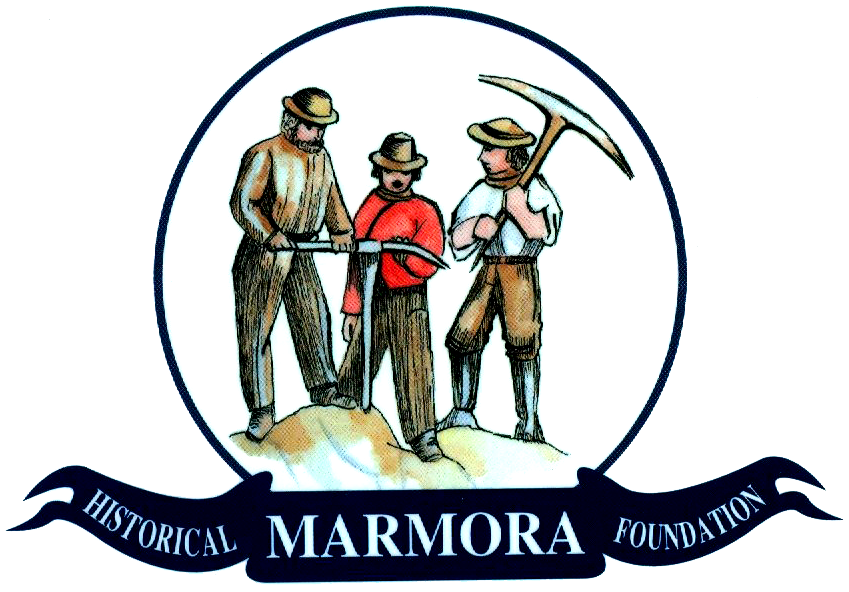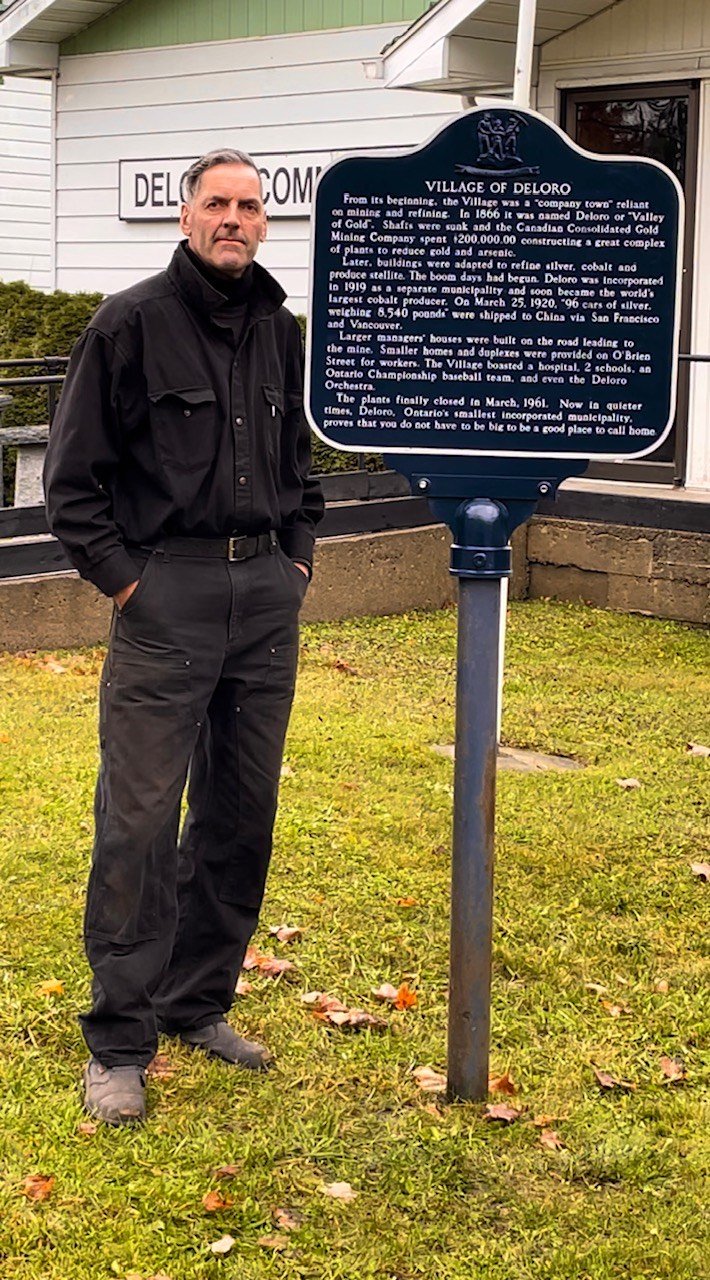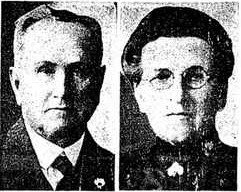The naming of Cameron Street, Marmora
/The Honourable Malcolm Cameron. Malcolm Cameron is normally associated with the history of Sarnia. Indeed, one biographer says that no citizen "filled so large a place in the public eye while living, as The Honourable Malcolm Cameron, and no one who has passed away is more affectionately and proudly remembered". Cameron was born at another iron town, Trois Rivieres, Quebec, on April 25, 1808. His parents were both natives of Scotland. Cameron soon displayed both a capacity for business and "a taste for public affairs." At the age of 28, he became a member of the Upper Canada Assembly, and he subsequently represented the ridings of Kent, Huron, Lambton & St. Clair, almost successively until he became Queen's Printer in 1863.
For the last thirty years of that period, he also served as a member of the Parliament ofCanada. In the government of Sir Charles Bagot, he became "Inspector of Revenue" and, in an accomplishment which shows the value of the dollar at that time, it is boasted that he increased provincial revenues by $50,000. As a businessman, Cameron, like most enterprising men of his day, was deeply engaged in the development of railways. Railways required iron and that fact, and his place of birth, may have attracted him to Upper Canada's Irontown. At Marmora, Cameron purchased, developed and resold lots behind those fronting on Forsyth Street, the lots south of Linn Street and across the river 'to the south of Norwood Road. Those areas became known as the "Cameron Section", and, of course; our present "Cameron Street" was named for him.
(As many as 24 trains a day ran up this street in Marmora from 1884 to the 1970's for the Marmora Railway and Mining Company, a branch of the Central Ontario Railway (COR), later owned by the Canadian Northern Railway (CNR) and finally Canadian National (CN).)
Click here for more on the Central Ontario Railway
As what he called an "advanced liberal", Malcolm Cameron campaigned throughout his life for causes and rights which we take for granted. He sought the abolition of debtor's prisons, the vote by secret ballot, and the release for settlement of the enormous clergy reserves. It is said that, but for his modesty and benevolence, he could easily have obtained the highest offices in the lands but that he preferred the advancement of others over his own. When he died on June 1, 1876, he was again a sitting member of Parliament.

































